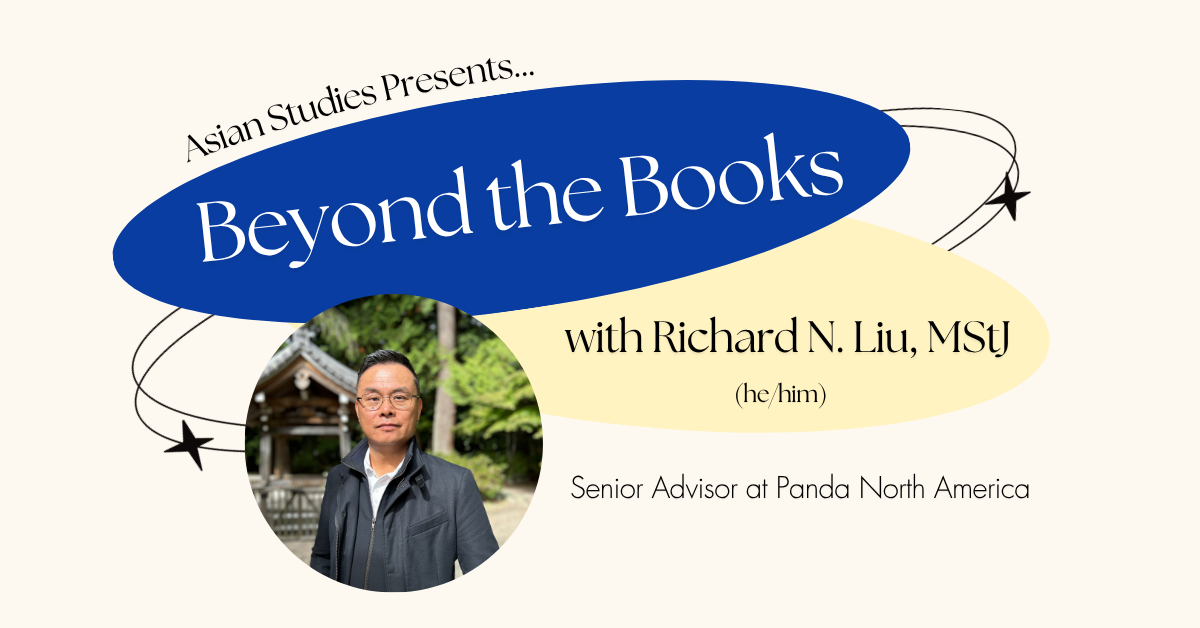The Department of Asian Studies presents:
Ritual Culture in Early India: The 2013 Junior-Senior Scholarly Symposium in Sanskrit Studies
The series is designed to bring one junior scholar and one senior scholar specializing in Sanskrit Studies to campus at the same time to engage both with each others’ work and with our undergraduate and graduate students interested in premodern South Asian history, language, and culture. Please join us this coming week for two scholarly talks engaging in the cultural role of ritual in constructing intellectual, religious, and social reality in early India.
Thursday, April 4, 2013:
Marko Geslani, Occidental College
“Omens in the Fire: the Ritual Formation of Astrological Vedism”
Time: 5-6.30PM
Location: Asian Centre Room 604
Address: 1871 West Mall • Vancouver, BC V6T1Z2


Marko Geslani (PhD, Yale University) is a Postdoctoral Fellow at Occidental College. His research interests concern the early history of Hindu ritual, including the interface between fire sacrifice and image worship; Brahmanical orthodoxy; and Hindu astronomy/astrology. He has recently published an article in the Indo-Iranian Journal entitled “Santi Rites in the Development of the Puranic Rajyabhiseka” (2012).
Friday, April 5, 2013:
Timothy Lubin, Washington & Lee University
“How Brahmins Invented Themselves 3306 Times”
Time: 4-6PM
Location: Asian Centre Room 604
Address: 1871 West Mall • Vancouver, BC V6T1Z2


Both talks are free and open to the general public.




